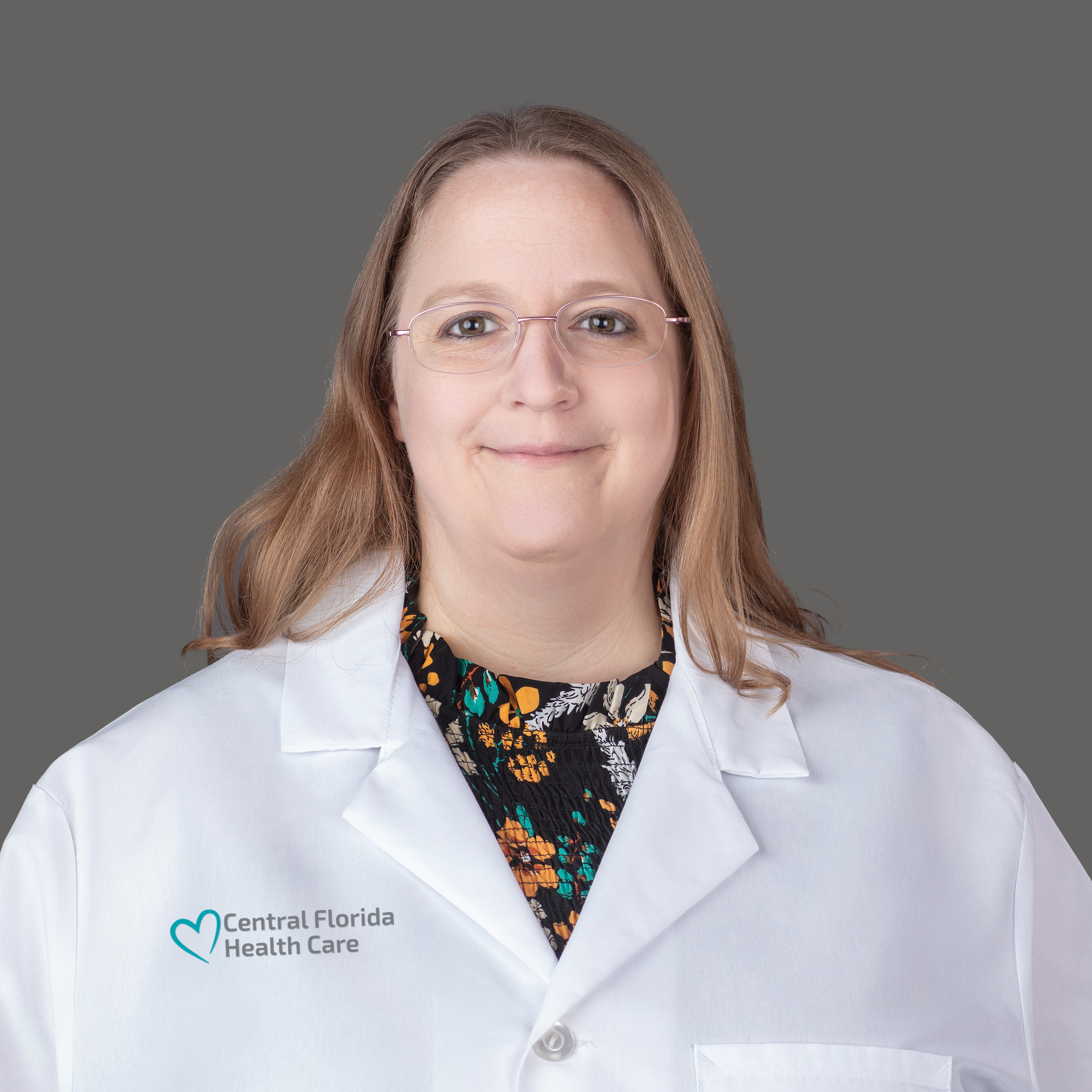April is Addiction Awareness Month, and Central Florida Health Care has an experienced, passionate behavioral health team able to help those struggling with addiction.
There continues to be an opioid overdose epidemic in the U.S., but treatment is available to help individuals get their lives back, ultimately finding freedom from addiction.
Dr. Amber Popovitz-Gale, a CFHC Licensed Clinical Psychologist, says reducing stigma is essential to prevent addiction and overdose and to encourage people to seek treatment. “Opioid Use Disorder is a medical condition that can affect ANYONE – regardless of race, gender, income, or social class.” Stigma can be a significant barrier to how well prevention and treatment work, as well as the fear of sharing this health condition with family.
Popovitz-Gale says there is not one single factor that leads to addiction. Sometimes, providers legally prescribe opioids, and patients take them to manage pain following an injury or surgery. In contrast, others may use the drugs to help cope with chronic pain, stress, trauma, or mental issues.
If you’re concerned someone you love is struggling with this issue, here are some signs:
- A person keeps using opioids even though taking them has caused problems before:
- Trouble keeping a job.
- Relationship turmoil.
- Run-ins with law enforcement.
- Trying to stop or cut down on drug use, but not being able to.
- Using drugs because of being angry or upset with other people.
- Taking one drug to get over the effects of another.
- Making mistakes at school or on the job because of using drugs.
- Drug use hurting relationships with family and friends.
- Being scared at the thought of running out of drugs.
- Stealing drugs or money to pay for drugs.
- Being arrested or hospitalized for drug use.
- Developing a tolerance and needing larger amounts of drugs to get the same effect.
- Overdosing on drugs.
There are medications FDA-approved for opioid use disorder, including Methadone, Buprenorphine, and Naltrexone. Naloxone is a medication that can reverse an opioid overdose and save lives! It is available in every state and can be bought from a local pharmacy without a prescription in most states. Naloxone can reverse an overdose of opioids, including heroin, fentanyl, and prescription opioid medications. It’s typically given as a nasal spray. However, it requires being administered by someone other than the individual experiencing the overdose.
Healthcare professionals can help reduce the risk of overdose deaths through education, raising awareness, encouraging at-risk patients, teaching how and when to administer naloxone, and highlighting follow-up care. What are the signs of an overdose? Call 911 immediately if someone is experiencing loss of consciousness, their pupils are constricted and pinpointed, they’re having breathing issues, choking, or making gurgling noises, if they have a limp body, or have clammy, cold, or discolored skin.
Most states, including Florida, protect someone who is overdosing and the person who called for help from legal issues to encourage lifesaving actions.
Remember, Central Florida Health Care is here to help anyone who needs help recovering despite their ability to pay. We are healthcare with a heart!
